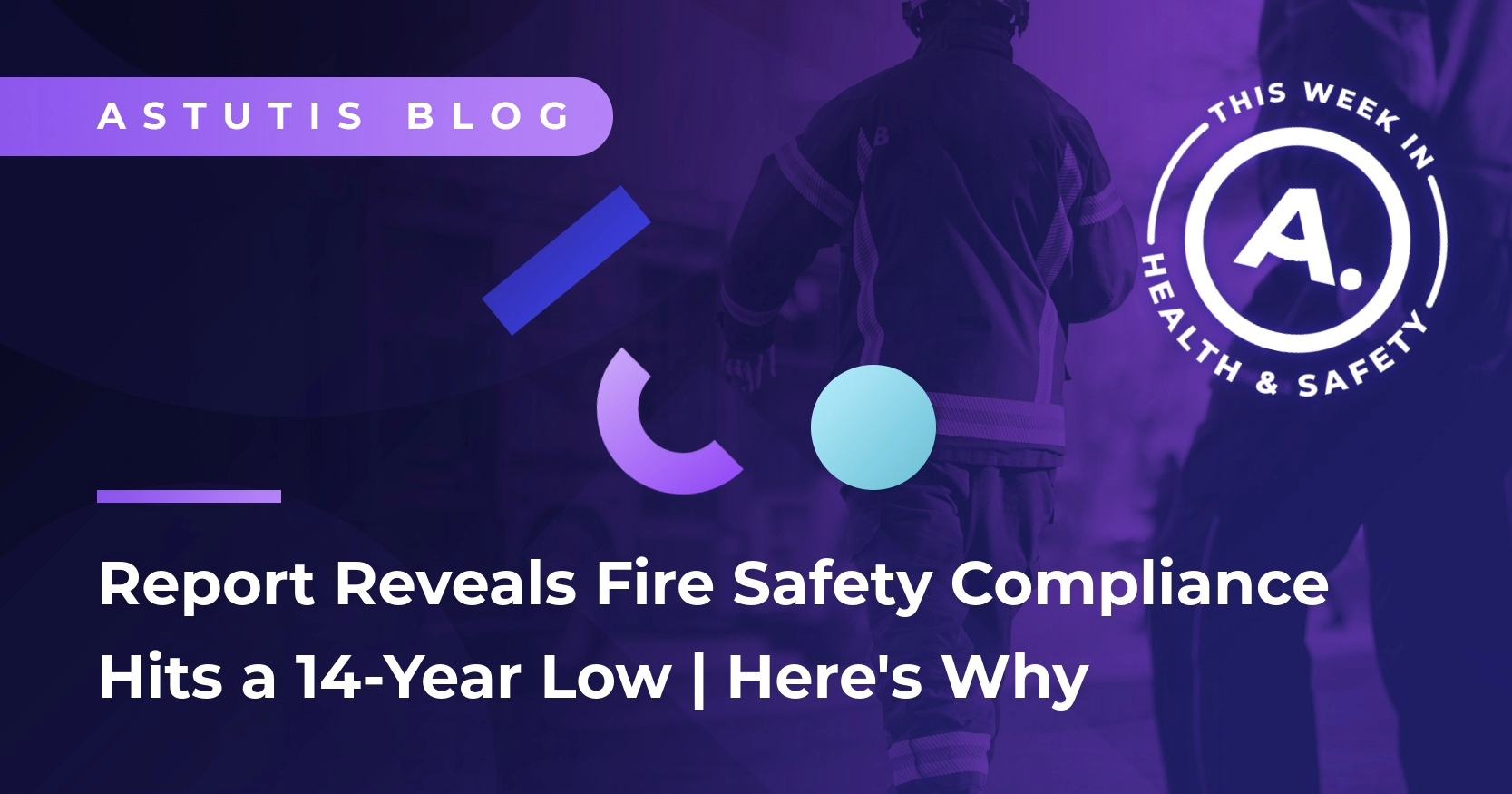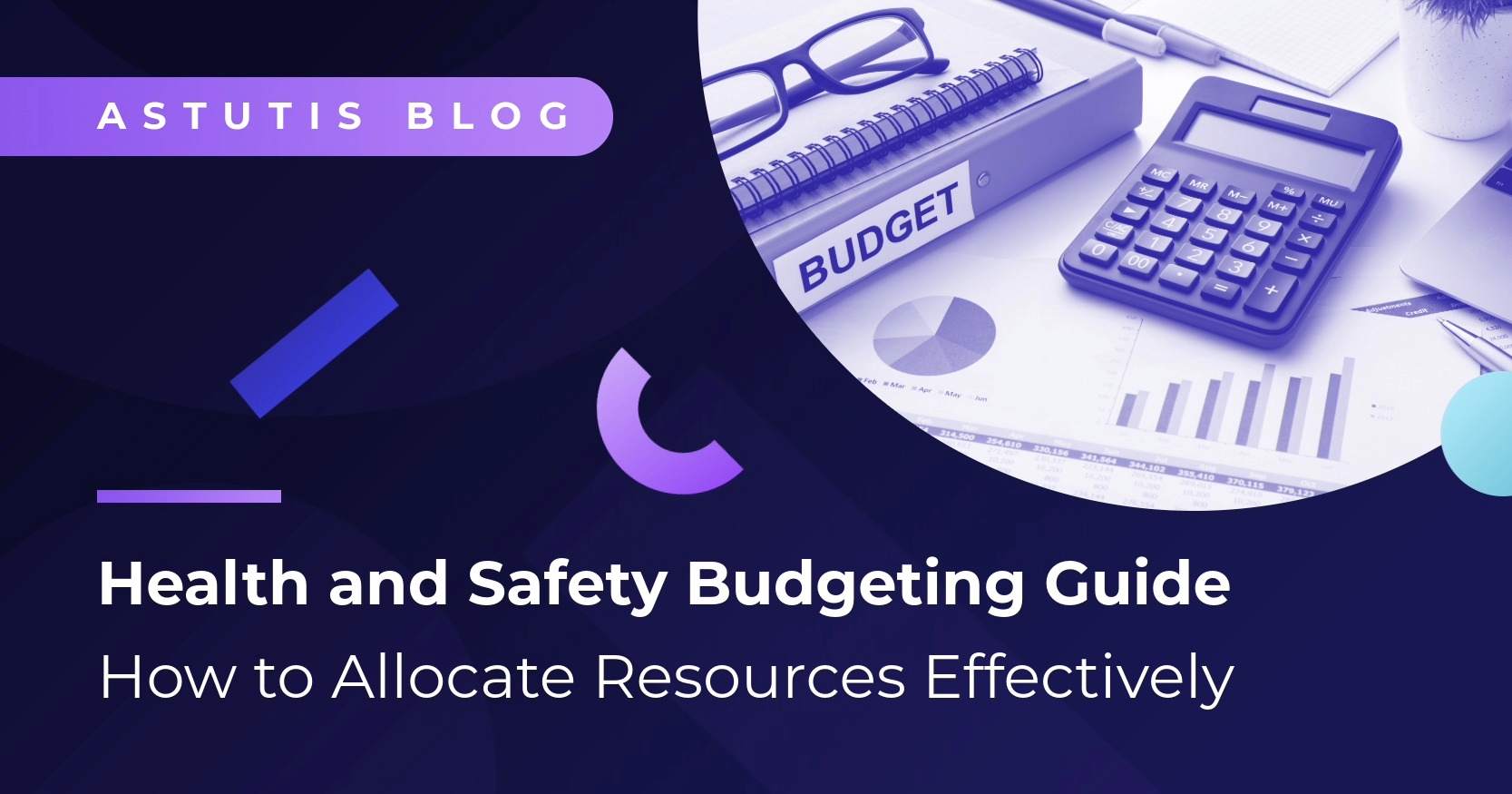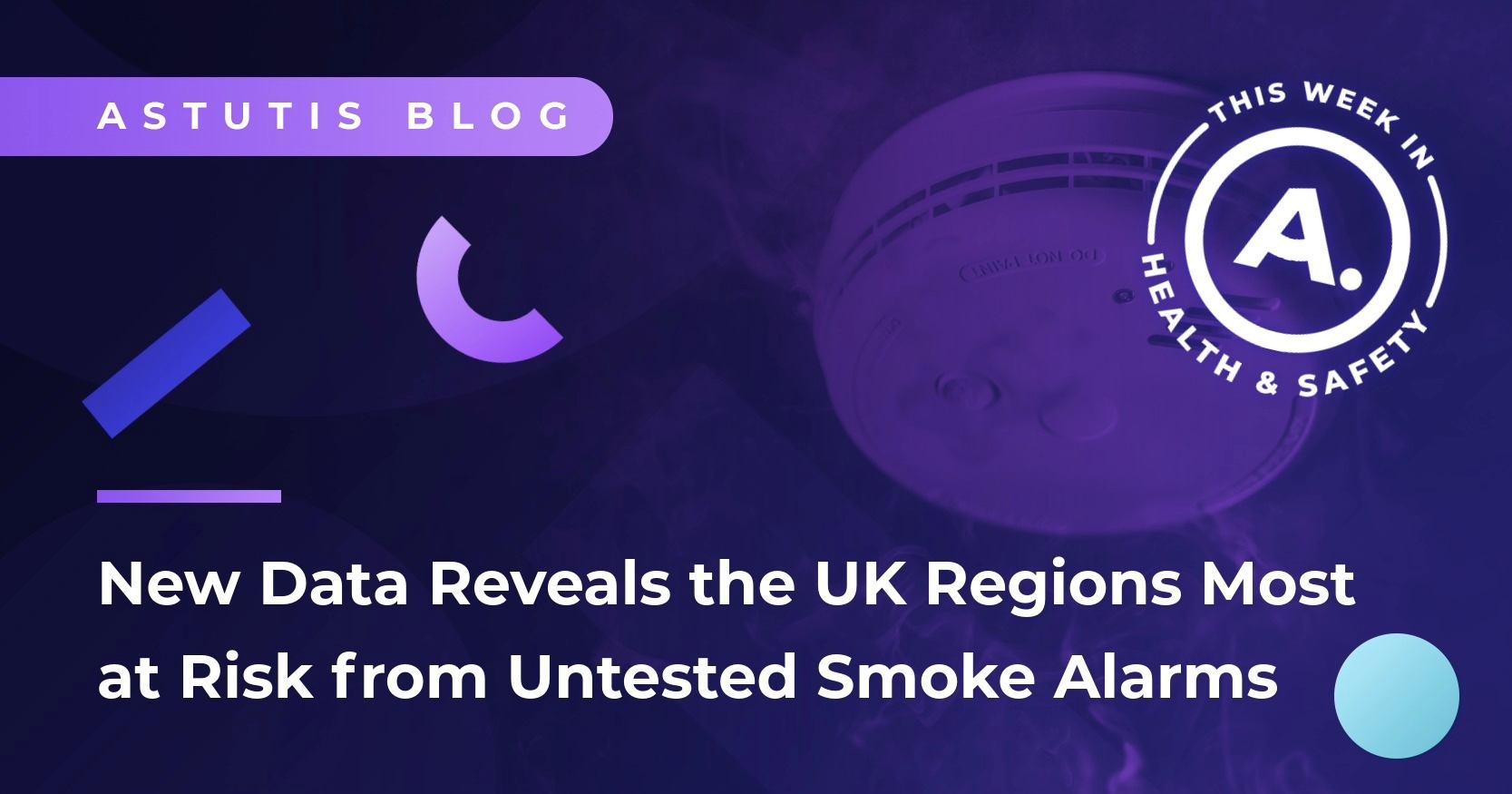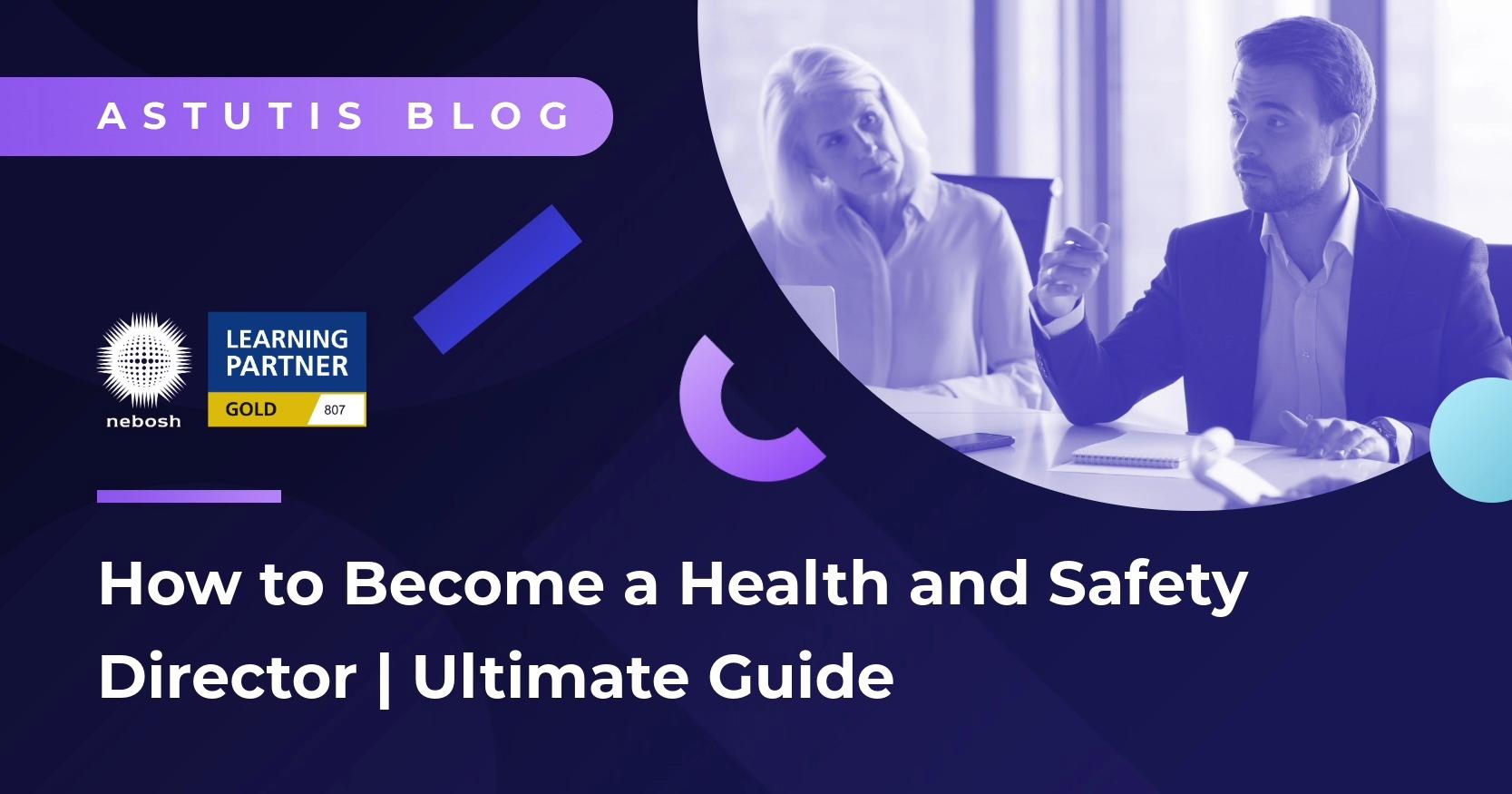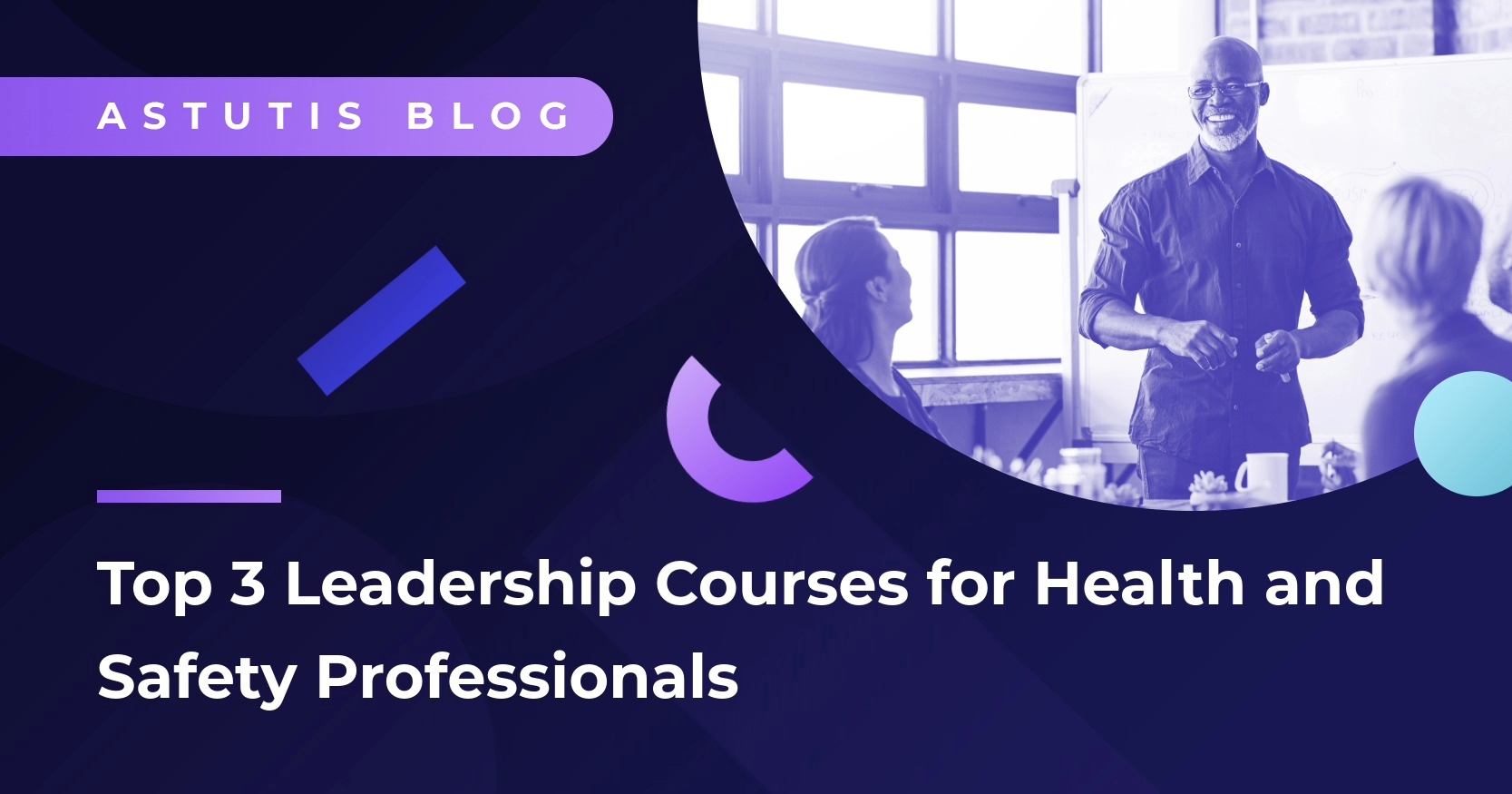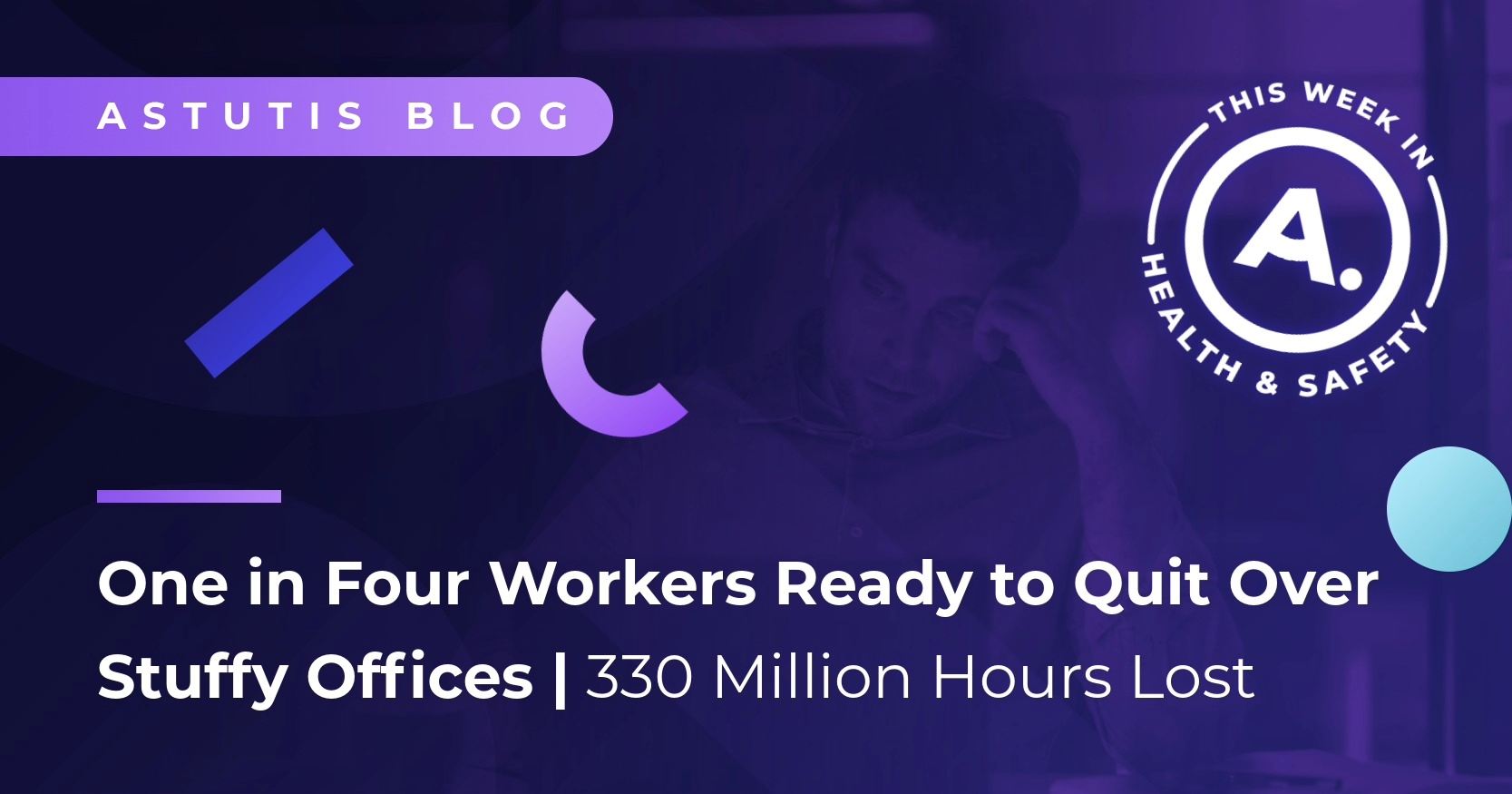Planning Your Next Career Move
We’re all taught the importance of learning and development from a young age. Teachers and family members encourage us to study, practice skills, take exams and review our progress. If we do well, we set new targets, push boundaries and go further. If we fail, we review where we went wrong and set new goals.
For some people this process ends when they leave school or university; however, the process of enhancing and managing your development is an ongoing one and is not something that should only be looked at when certain circumstances make it important for you to do so.
We’re all responsible for managing our own careers. Our managers are not going to do it for us as our teachers once did, so it’s up to us to scope out the industry we are in, find out what skills and abilities employers are looking for and make sure we are well equipped to compete against other potential candidates.
The Health and Safety Job Market
The leading accrediting body in health and safety, NEBOSH, has recently released their annual Jobs Barometer research, once again highlighting the increasing level of expertise employers expect within health and safety applicants and the importance of continuous professional development within the industry. Within that research:
- 90% of health, safety and environmental job adverts specified one or more NEBOSH qualifications; up from 83% in 2016
- 51% of vacancies called for a range of NEBOSH Certificate level qualifications, up from 45% in 2016 and 38% in 2015.
- 50% of all advertised positions specified a degree equivalent to the NEBOSH Diploma
- Where applicants were required to hold a NEBOSH Diploma qualification, the average top-end salary advertised was £49,000, more than 16% higher than the average £42,000 top-end salary when a Diploma was not specified
With HSE legislation continuously evolving and regulatory bodies cracking down on those who don’t meet the increasingly high standards, dedicating time to professional development in health and safety is of particular importance.
Here are some practical actions that you can use to help start planning your career.
Identify Your Goals in a Self-Assessment
Getting to know yourself in terms of where you are in your life right now, where you want to be and what you’re going to do to get yourself there is the first step towards planning your career. The newly launched IOSH Blueprint is a good starting point for self-assessment.
Your Achievements
Review what you’ve achieved in your life so far, both professionally and personally. What qualifications and work experience have you completed? Can you speak any languages or play an instrument or sport? Identify what your current strengths, abilities and skills are and jot them down in a mini analysis - this will help you pick out the skills you may be missing and the areas that may be holding you back.
Your Interests, Values and Responsibilities
Think about what skills, interests and values you have outside of your career and how they influence your decisions. If you enjoy being active, you may prefer a job role which will take you away from the office. Perhaps you have a particular interest in technology in which case you may gravitate towards modern, digital organisations.
Valuing things such diversity, creativity or corporate social responsibility may also attract you to a specific organisation or group of people. Factors such as your health, income, family, time constraints or age play a vital part in your day-to-day life, so it’s also important to consider these when planning your career.
Goal Setting
Write up your goal list thinking about both short-term and long-term goals and rank them in order of priority and possibility. By now you should be getting a good picture of over the next 1, 3 and even 5 years.
Be practical and realistic; you may have only just started out in your current role in which case your goal may have to learn the ropes and make your mark in your new organisation. If you’ve already been in your job for a few years, you may want to look into completing further training or applying for a higher position.
Do a bit of research into the job market within your industry to get an idea of what is required to move up a gear.
Move Forward with an Action Plan
Once you’ve decided which in the direction you want your career to head, you can start mapping out how you are going to move up that ladder by drawing up an action plan.
Produce Smart actions
A good action plan should break down your goals into SMART (specific, measurable, achievable, realistic, time-based) tasks with the steps you need to achieve them. Be realistic to your current lifestyle and write down steps you think are achievable. Remember you can always come back and reassess these goals later if you slip behind or rally on ahead.
What should an action plan include?
The purpose of an action plan is to detail what you need to do to achieve your ultimate goal, how you are doing do it, and when you are going to do it by. By writing your goals down and giving yourself a deadline, you're more likely to hold yourself accountable to your goals and put your action plan, into action.
Below is a brief example of what an action plan may look like if you are aiming to progress to a more managerial role.
Review and reflect
Remember when we said career development is an ongoing process? It's important to revisit your skills analysis, goal list and action plan at key points, such as at the end of a course module, when you have received results or completed an element of your plan; you can then adjust any goals or timescales in light of your new abilities and achievements.
Make a note of all your successes, new skills, memorable moments, and any lessons you’ve learnt along the way. This record will come in handy when it comes to applying for your next job role and is great to reflect upon to see how far you’ve come and what you need to focus on next.
If you have changed your mind about a particular goal, you can alter your plan to accommodate that too.
Sometimes things don’t always work out, which isn’t a bad thing. Don't get disheartened, view your setbacks as a chance to re-evaluate and make adjustments. Perhaps there was something you didn’t do the first time around which altered your goal, or perhaps you weren’t realistic enough with your time frames. By reflecting on your failures, it will be possible to make your goals more achievable.
More information
Find out more specific information on continuing professional development (CPD), what is required in different health & safety job roles or IOSH membership information.
Working Outside the UK
If you work outside the UK find out more about the NEBOSH International General Certificate by clicking the button below.
Related Blogs

Real Life Stories




